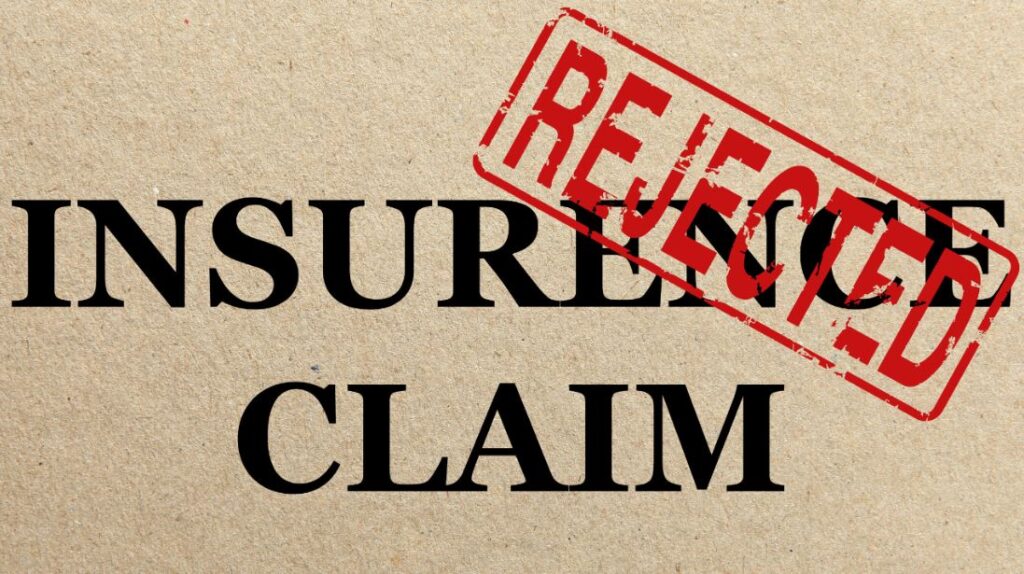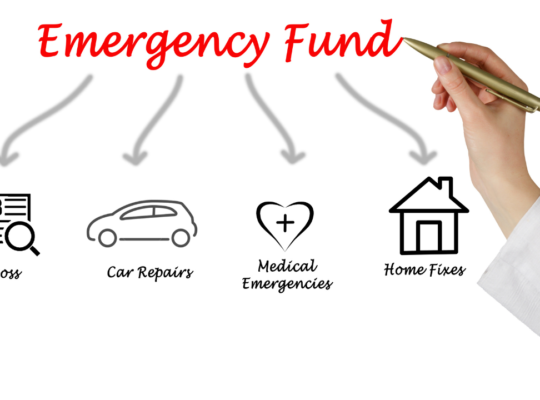
Many people find themselves involved in disputes with insurers over claim settlements, even in the face of periodic premium payments and their need for financial help. As a policyholder, if you find yourself in such a position, you must understand how to obtain the sum of insurance money that is rightly yours.
The most commonly seen insurance claim rejection or dispute is in medi-claim settlements, and hence I have tried to cover majorly about medi-claim settlement in this blog-post, as this is the one that we need to know, when we are really under financial stress or crisis, and that too when we or one of our family member would have or are recovering from an illness or hospitalization.
Why do insurance claims get rejected by insurance companies?
Insurance companies frequently reject claims due to violations in policy terms and conditions. For instance, while buying health insurance, customers must report any pre-existing medical conditions. The insured is responsible for providing accurate details, even if it results in higher premium cost. Failing to disclose relevant medical history might result in claim denials, putting policyholders in an unfavourable situation.
Health insurance plans normally offer two types of settlement options: cashless treatments and expenses reimbursement. While cashless services give instant relief to the policyholder by clearing bills directly with the hospital, reimbursement option type allows policyholders to incur the medical costs first before making claims for reimbursement later.
If your medical claim is denied, you must investigate the cause for the denial and fully understand the line of action recommended in the policy. You can then file a complaint with your insurance provider.

What are the options you have when your insurance claims get rejected?
1. Reach out to the Grievance Officer:
If you are dissatisfied with the claim amount or outcome of the claim, contact your insurance company’s Grievance Redressal Officer (GRO). You can contact the GRO either by going to a branch office or by email. Lodging a complaint with GRO incurs no penalties or fees.
As per the Insurance Regulatory and Development Authority of India (IRDAI) norms, the GRO is required to respond to your complaint within 15 days of receiving it. But if you are not given a response within this timeframe or are not satisfied with the remedy provided, you may escalate the dispute further by contacting the Grievance Redressal Cell of IRDAI’s Consumer Affairs Department, where measures can be taken to make certain that your complaint is properly handled and resolved.
2. Insurance Ombudsman Option:
The Insurance Ombudsman Scheme is a Government of India initiative that provides an opportunity for aggrieved policyholders. With 22 locations in 17 cities across India, the ombudsman offers a potential conflict resolution mechanism that strives for a fair, quick, and unbiased decision. The insured, their legal heirs, nominees, or assignees, all of them may use this approach for a speedy and unbiased resolution of their insurance dispute.
But the policyholders must keep in their mind that they can seek the assistance of the ombudsman only if their insurance company rejects their claim or does not resolve it satisfactorily, or does not reply to it for more than 30 days. Furthermore, the amount of damage payable under the insurance coverage should not exceed Rs.50 lakh. Importantly, this ombudsman redressal process is completely free of cost for the policyholder, making it available to all policyholders needing resolution to medi-claim issues.
3. The Last option is – ‘Consumer Disputes Redressal Commission’:
The National Consumer Disputes Redressal Commission (NCDRC) is a quasi-judicial structure in India, established in 1988 under the Consumer Protection Act of 1986. Its headquarters is located in New Delhi. The Commission is led by a current or retired Judge of the Supreme Court of India, or a sitting or retired Chief Justice of the High Court. For outstanding insurance claims disputes, this Commission is the ultimate tribunal. Despite its effectiveness, the judicial process is typically time-consuming, including lengthy legal conflicts and accompanying costs. Hence, though the Commission provides an unambiguous decision, it should be touched upon as a last choice after exhausting all other options mentioned above. If you want to submit a complaint with the Commission, you must pay specific costs as well (the current court fee is Rs. 5,000).
Final Thoughts:
After considering all of the choices available to insurance policyholders for insurance claim dispute resolution, the Insurance Ombudsman is regarded as the ideal option, thanks to its expedited procedure and unenforceable conclusions. With most complaints settled within a week of hearing, the ombudsman provides a quick and cost-effective settlement mechanism, saving individuals from the agony of prolonged judicial confrontations. If the ombudsman provides a direction to the insurance company to make the payment, the insurance firm will have to comply. But if the insured person is dissatisfied with the ombudsman’s ruling, they can appeal to the ‘Consumer Disputes Redressal Commission’.
While insurance firms are the primary point of contact, unresolved issues can be escalated to the ombudsman or the Commission.





